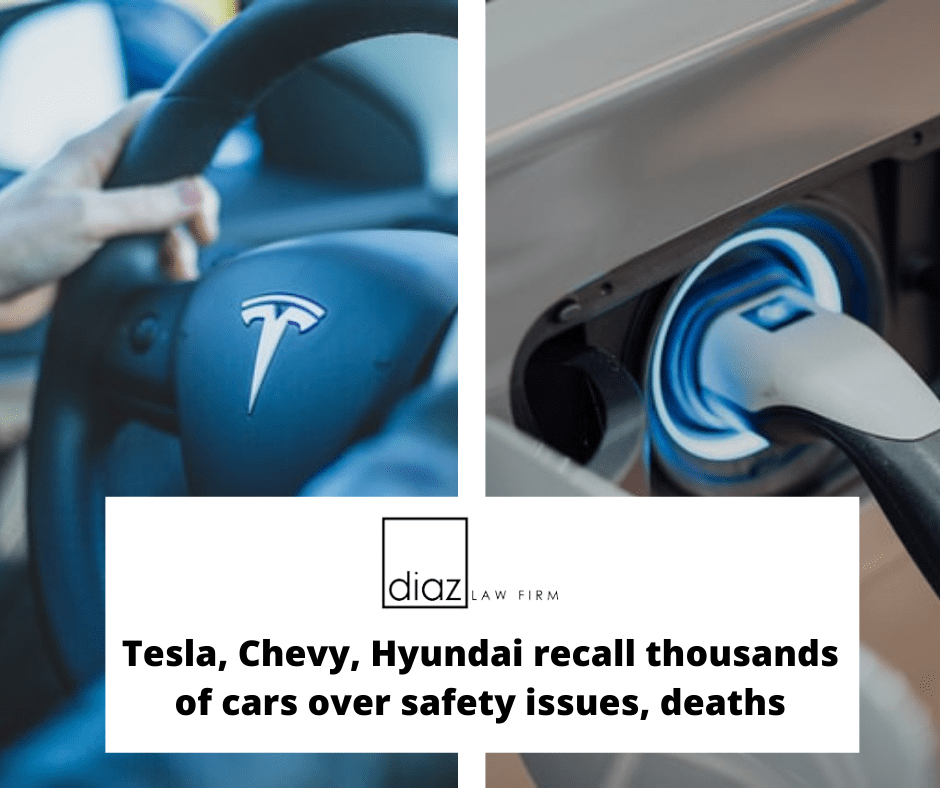NEWSLETTER
Tesla, Chevy, Hyundai recall thousands of cars over safety issues, deaths

Exploding batteries and massive fires, which have caused injuries and deaths, have led Tesla, Chevy, and Hyundai recall thousands of electric cars over safety issues and deaths.
Why? Because fires caused by electric vehicle batteries take longer to control and require as much as 30,000 gallons of water, or more, to stop. According to Tesla, battery fires can take up to 24 hours to extinguish. In fact, first responders receive additional training to handle these types of fires.
Think this can only happen during a car crash? Think again. Owners have experienced their cars self-igniting while driving or parked. For example, a couple lost their home in a fire that caused over $1 million worth of damage when their electric cars self-ignited in their garage. The National Highway Traffic Safety Administration and the National Fire Protection Association have issued reports and launched investigations into these occurrences in recent years.
In August, NHTSA opened an investigation into Autopilot, Tesla’s assisted-driving system, after a number of Teslas crashed into other vehicles, including parked first responders.
The Diaz Law Firm is representing individuals who have been injured by electric cars, such as Chevy Bolt, Hyundai Kona, or Tesla vehicles.
Here is a list of Vehicles Tesla, Chevy, and Hyundai has announced to recall:
- To address the risk of potential battery fires, General Motors has asked their customers to take steps until replacement parts can be installed in their Chevrolet Bolt EV (2017-2022) and Bolt EUV (2022) vehicles. For more information, visithttps://www.chevrolet.com/electric/bolt-recall
- For owners of Hyundai Kona EV (2019-2020) and Ioniq EV (2020) vehicles, the company has contacted customers about preparations to implement remedies as soon as they are available. For more information, visit https://owners.hyundaiusa.com/us/en/resources/general-information/recall-200-information-and-implementation-plan.html.
- Currently, Tesla is not recalling their vehicles due to battery fires or crashes involving the use of Autopilot. The auto company does have recalls over safety issues, such as Takata airbag inflators, seat belt inspections, and power steering components. The recall information can be found at https://www.tesla.com/support/annual-and-recall-service.
